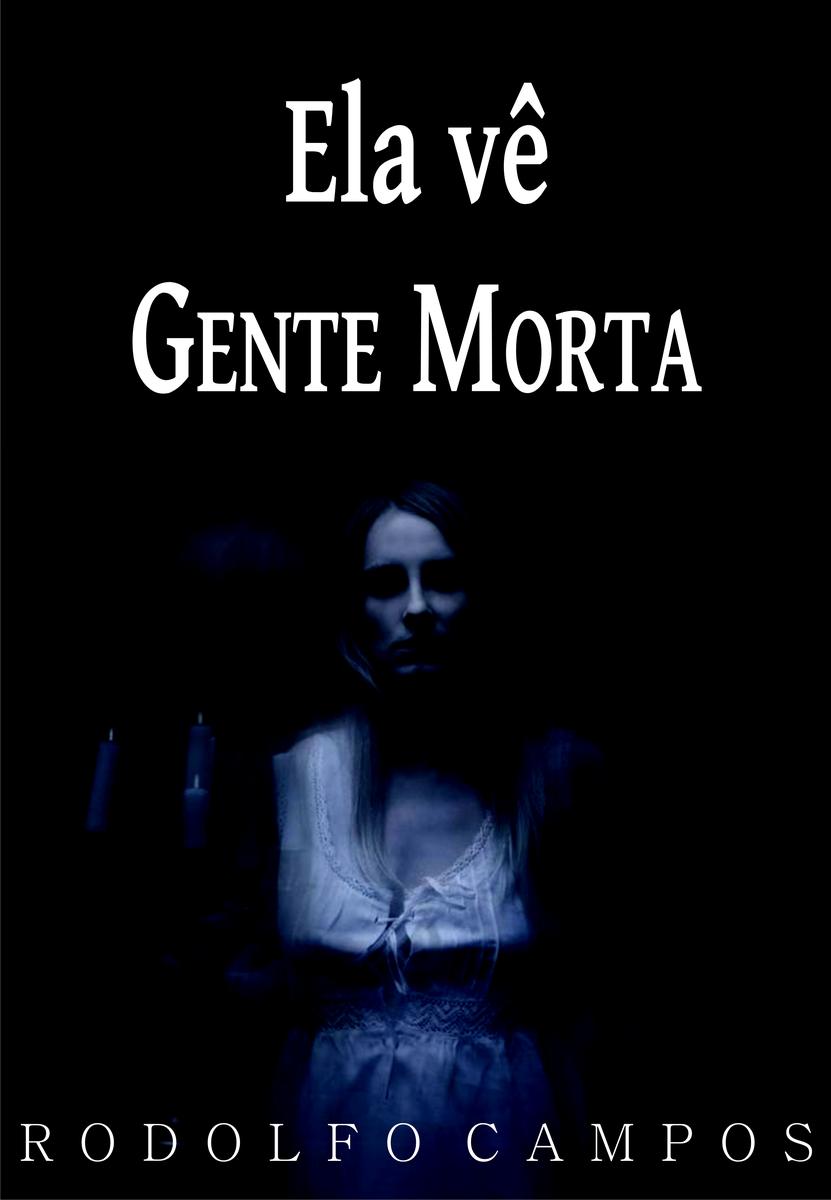
Ela vê gente morta
¥8.18
Ela vê gente morta

30 Receitas de boteco: Comidinhas e por??es
¥8.18
30 Receitas de boteco: Comidinhas e por??es
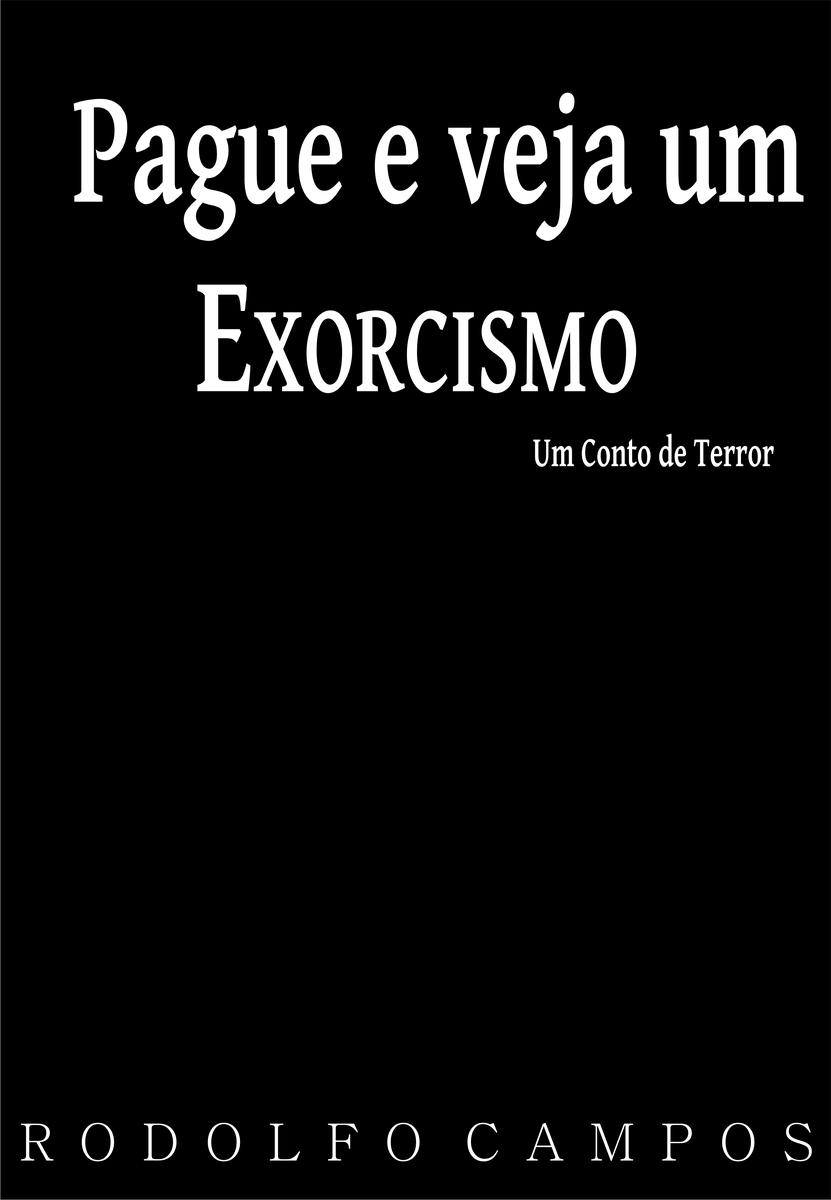
Pague e veja um exorcismo
¥8.18
Pague e veja um exorcismo

Aprenda a preparar as 10 sobremesas mais famosas do mundo
¥8.18
Aprenda a preparar as 10 sobremesas mais famosas do mundo
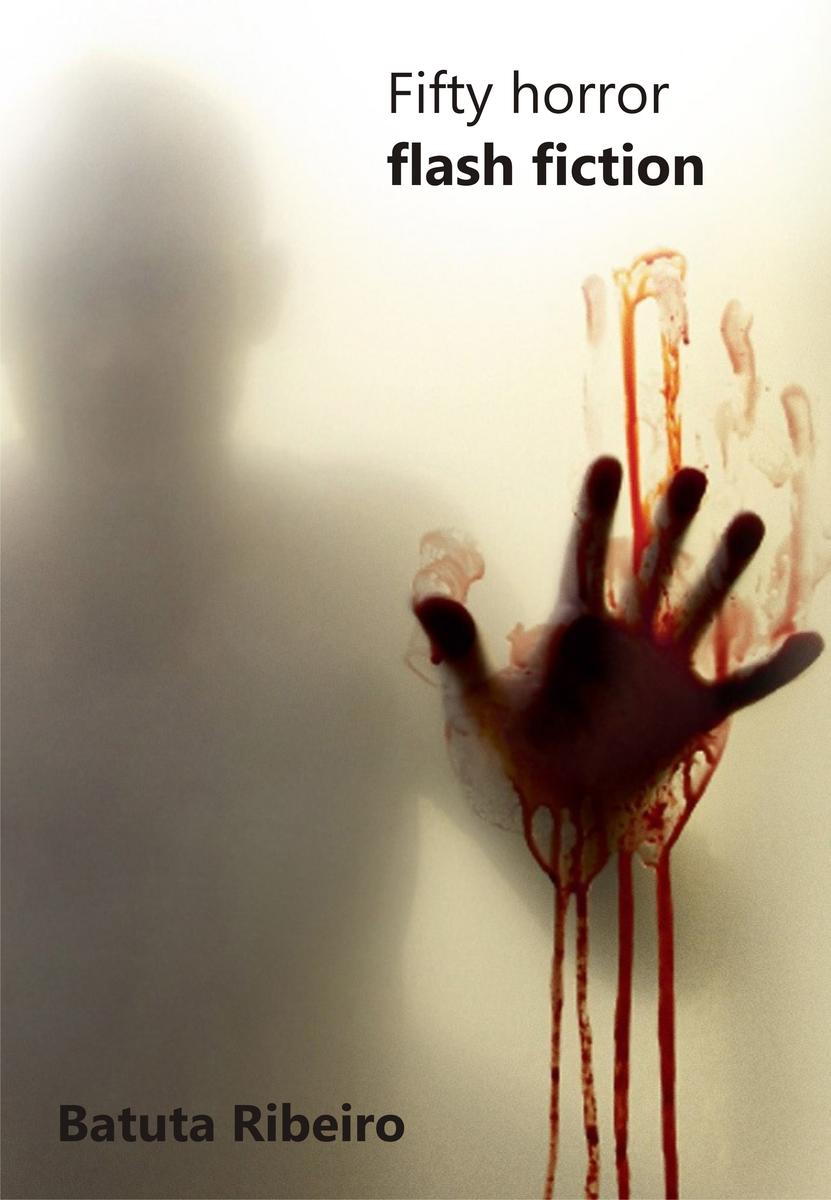
Fifty Horror Flash Fiction
¥8.18
Fifty Horror Flash Fiction

10 Basic Manners for Facebook
¥8.18
10 Basic Manners for Facebook
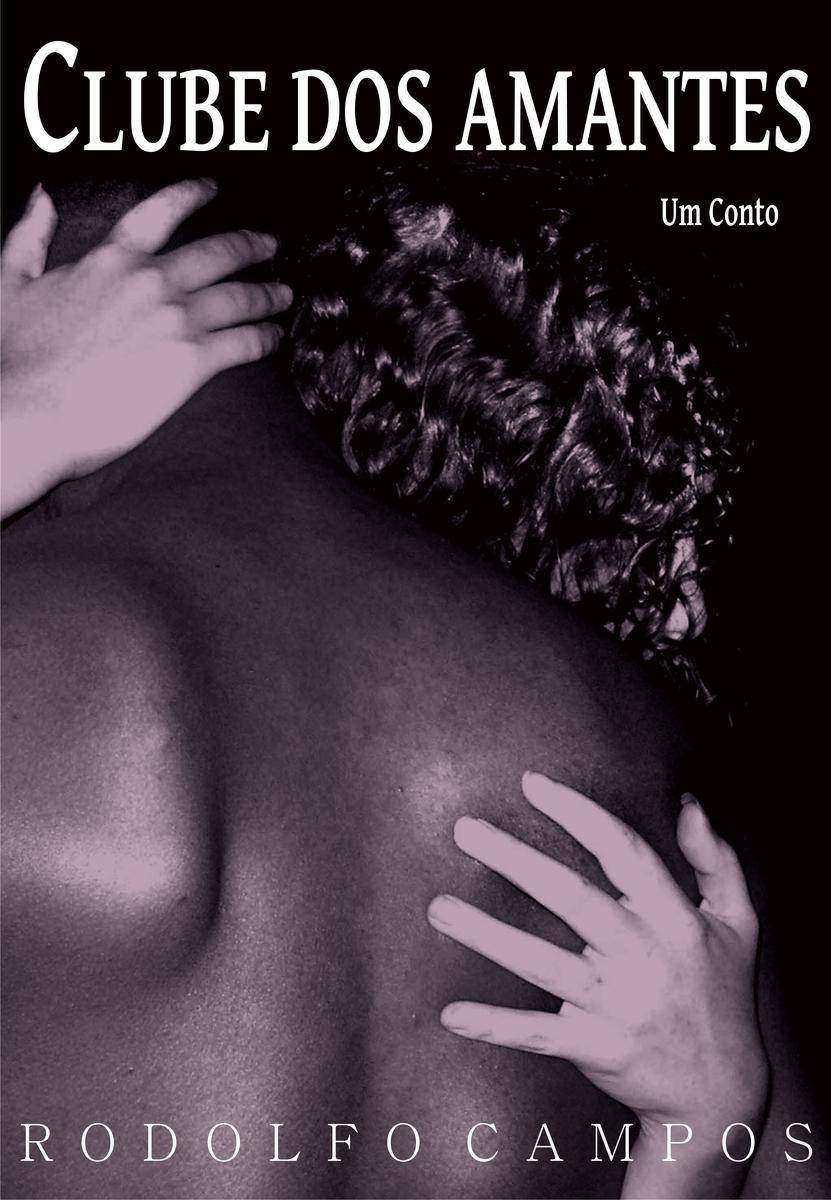
Clube dos amantes
¥8.18
Clube dos amantes

A empregada com boquinha de veludo
¥8.18
A empregada com boquinha de veludo

Encontros no parque
¥8.18
Encontros no parque
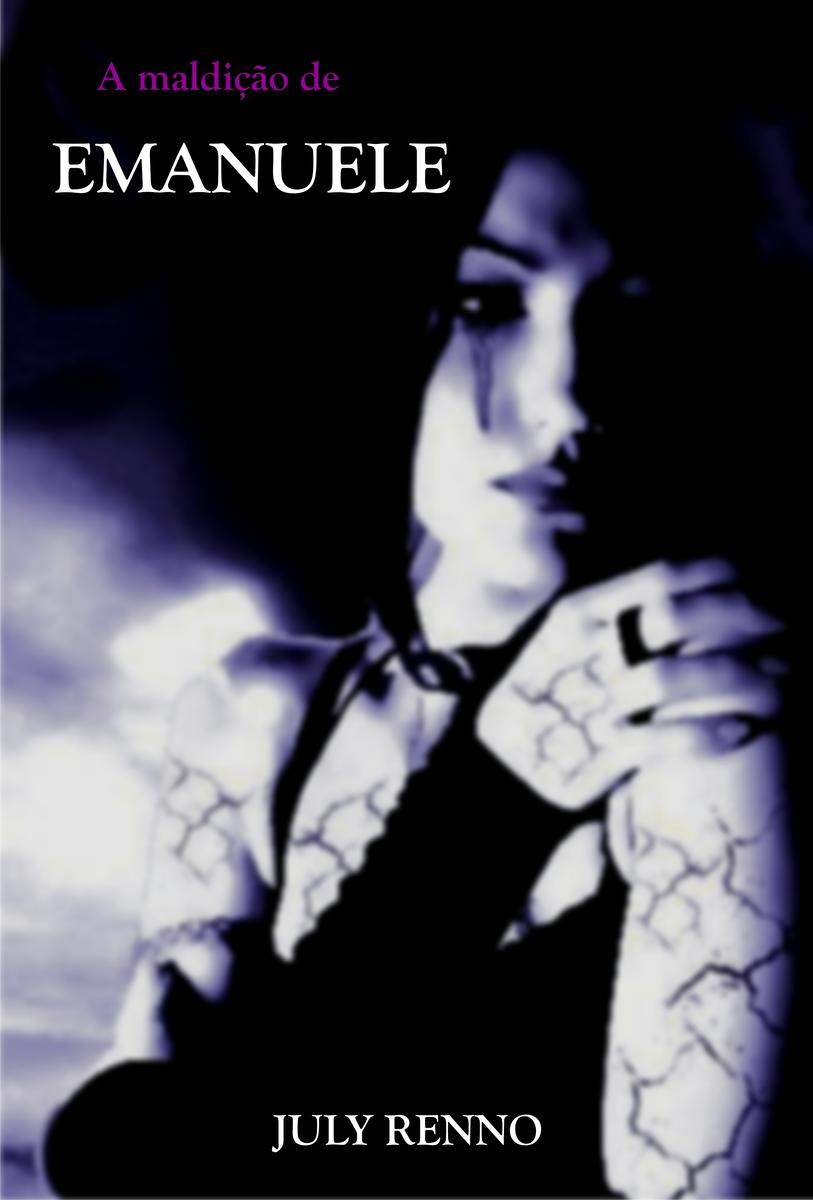
A maldi??o de Emanuele
¥8.18
A maldi??o de Emanuele

Chapolin Colorado: Ditados, bord?es e outras curiosidades
¥8.18
Chapolin Colorado: Ditados, bord?es e outras curiosidades

10 Maneiras de controlar o cart?o de crédito
¥8.18
10 Maneiras de controlar o cart?o de crédito

10 Maneiras de vencer uma discuss?o
¥8.18
10 Maneiras de vencer uma discuss?o

10 Ways to control anger
¥8.18
10 Ways to control anger

A presidenta e seu guarda-costas
¥8.18
A presidenta e seu guarda-costas
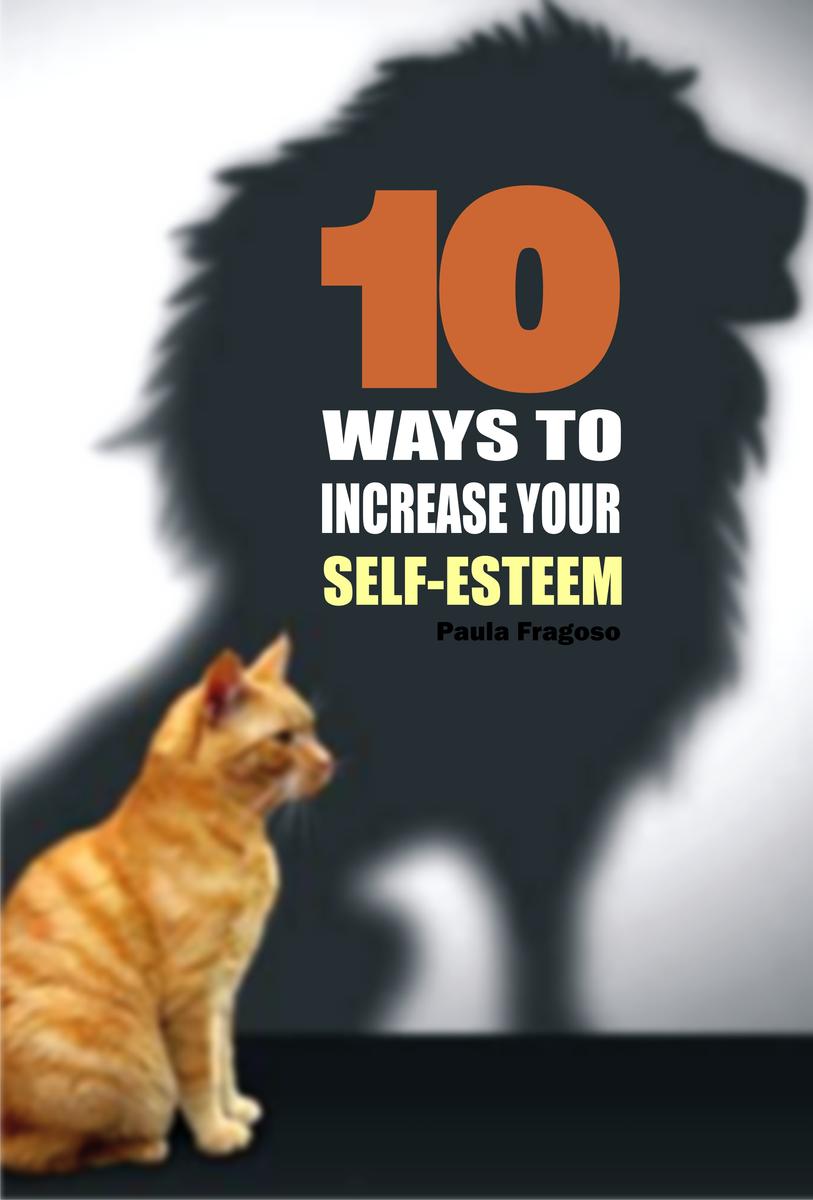
10 Ways to increase your self-esteem
¥8.18
10 Ways to increase your self-esteem

Eu gosto de apanhar na cara e outros contos
¥8.18
Eu gosto de apanhar na cara e outros contos

10 Receitas típicas da Bahia
¥8.18
10 Receitas típicas da Bahia
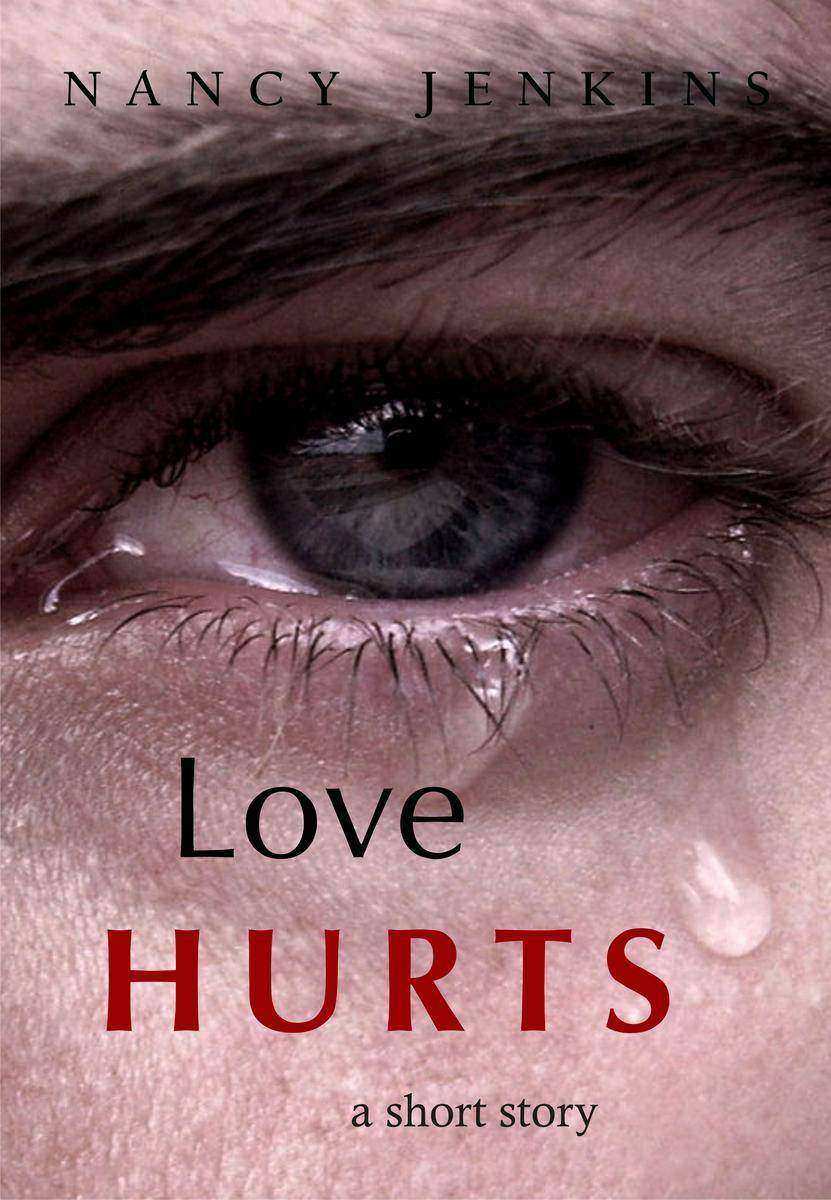
Love Hurts
¥8.18
Love Hurts

10 Receitas com batata doce
¥8.18
10 Receitas com batata doce
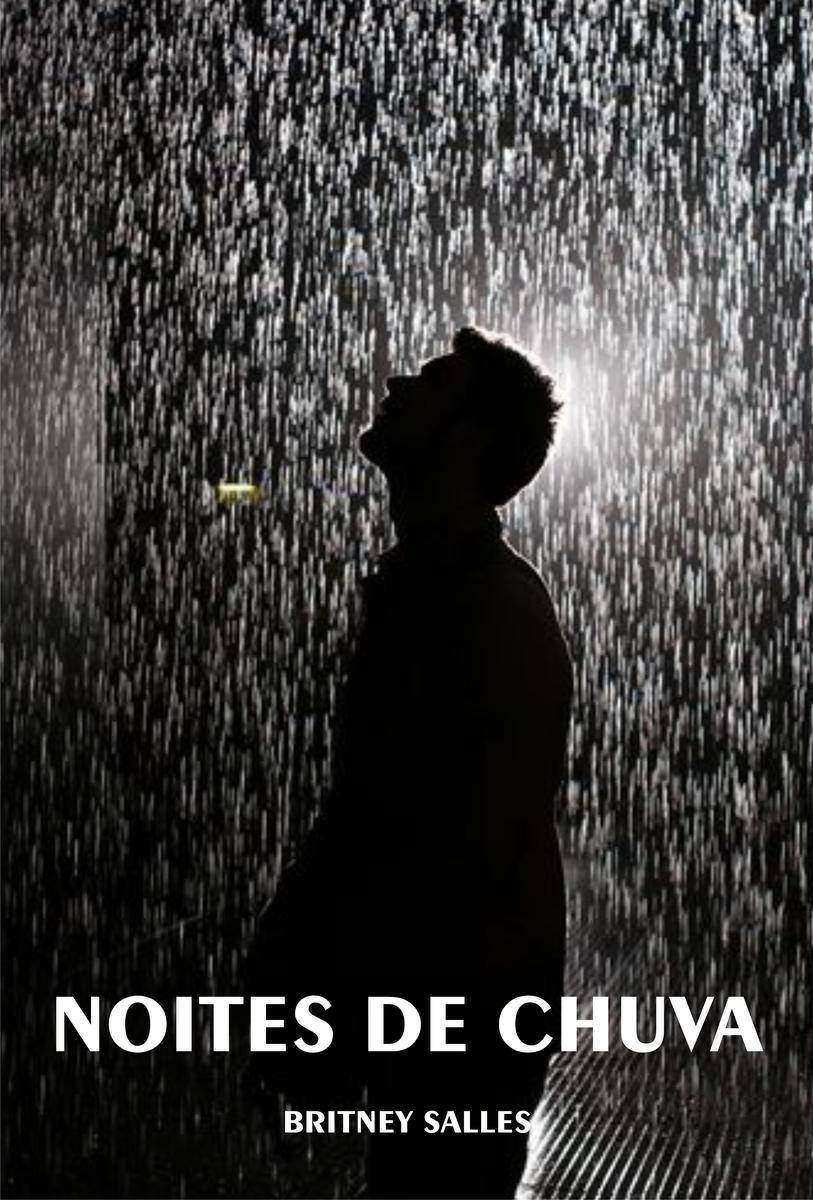
Noites de chuva
¥8.18
Noites de chuva




 购物车
购物车 个人中心
个人中心



